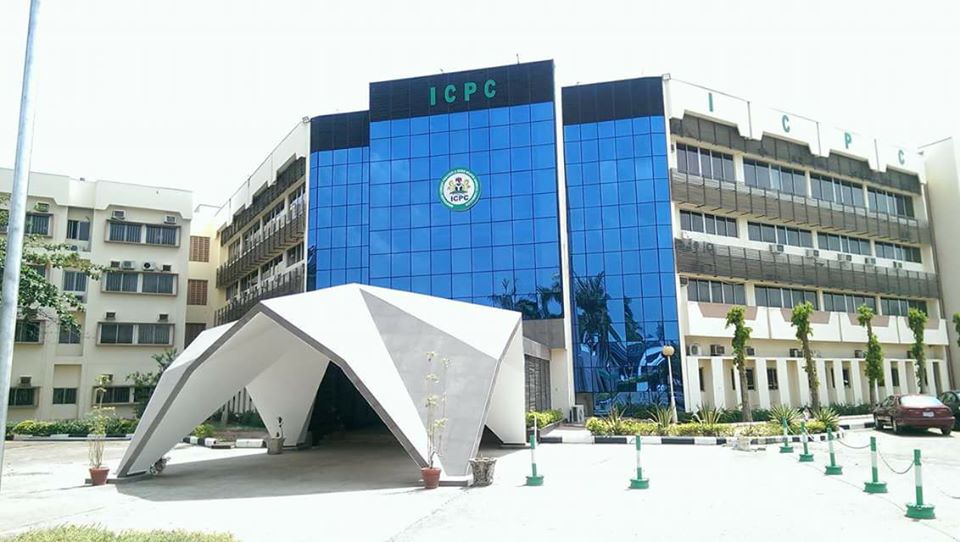Due to the imperative of training and re-training of anti-corruption foot soldiers in order to make the campaign against corruption more effective in Nigeria, Justice for All (J4A) an arm of Department for International Development (DFID) collaborated with the Independent Corrupt Practices and Other Related Offences Commission (ICPC) to train selected officers drawn from ICPC and other government agencies.
The essence of the exercise was to teach the selected officers how to use an anti-corruption tool called Integrity Score-Card for Ministries, Department and Agencies (MDAs) to further enhance the anti-corruption campaign.
Speaking at the event, the Representative of J4A, Mr. Emmanuel Uche said DFID had been involved in the training of Desk Officers attached to Anti-Corruption and Transparency Monitoring Units (ACTUs) including members of the units in MDAs as part of British Government’s support for Nigeria’s reforms in justice, police and anti-corruption sectors.
He noted that the programme was meant to improve on integrity compliance in MDAs through the administration of the integrity compliance score-card.
Mr. Uche commended the present administration for its stand against corruption. He hoped that when the integrity compliance score-card would have been fine tuned, the government would be willing to adopt the document.
To him, the presence of a score-card that gives parameters for assessing MDAs in their compliance with the anti-corruption campaign would build healthy competition that would eventually be beneficial to the nation.
He maintained that DFID could only suggest measures in enhancing anti-corruption campaign in Nigeria and that was the reason for the collaboration with ICPC to start an anti-corruption index that would be an annual compliance index of the ICPC. With that, ICPC could measure ethical compliance in government agencies.
The J4A representative urged the participants to be more proactive after the training by performing their duties optimally.
He commended the ICPC by saying “ICPC remains one of our best partners. Systems are improving because of the fight for institutional reforms”, adding that “Throwing corrupt people into jail is important, but more important is stopping them from stealing”.
The Head of Corruption Monitoring and Evaluation Department (CMED), Mr. Akeem Lawal said the fight against corruption had been intensified by ICPC.
According to him, apart from pursuing investigation and prosecution of corrupt persons, the Commission was trying to ensure that corruption was reduced through system study and reviews. “The Commission is addressing corruption systematically through corrective mechanism in MDAs”, he added.
The first part of the integrity score-card training was taken by Mrs. Isabella A. Igbokwe, a consultant with J4A on Day One of the training. She engaged participants in discussing parameters and “scores” that could be used to measure integrity compliance of an organization in the areas of Management, Culture and Structure, Financial Management Systems and Administrative Systems.
On Day Two of the training, Mr. Justin Kuatsea, Assistant Commissioner CMED spoke on the effectiveness of the index, ACTU Reporting Template before the session ended in discussion and recommendations by participants.

